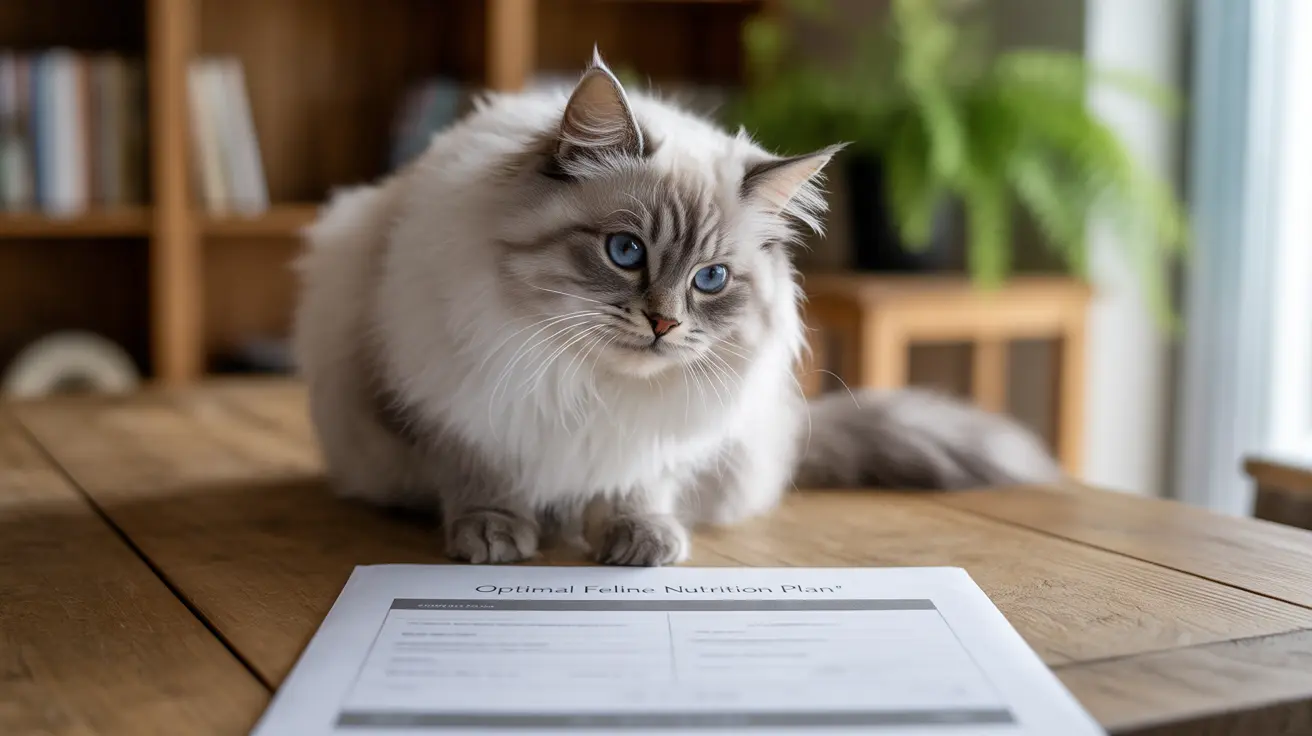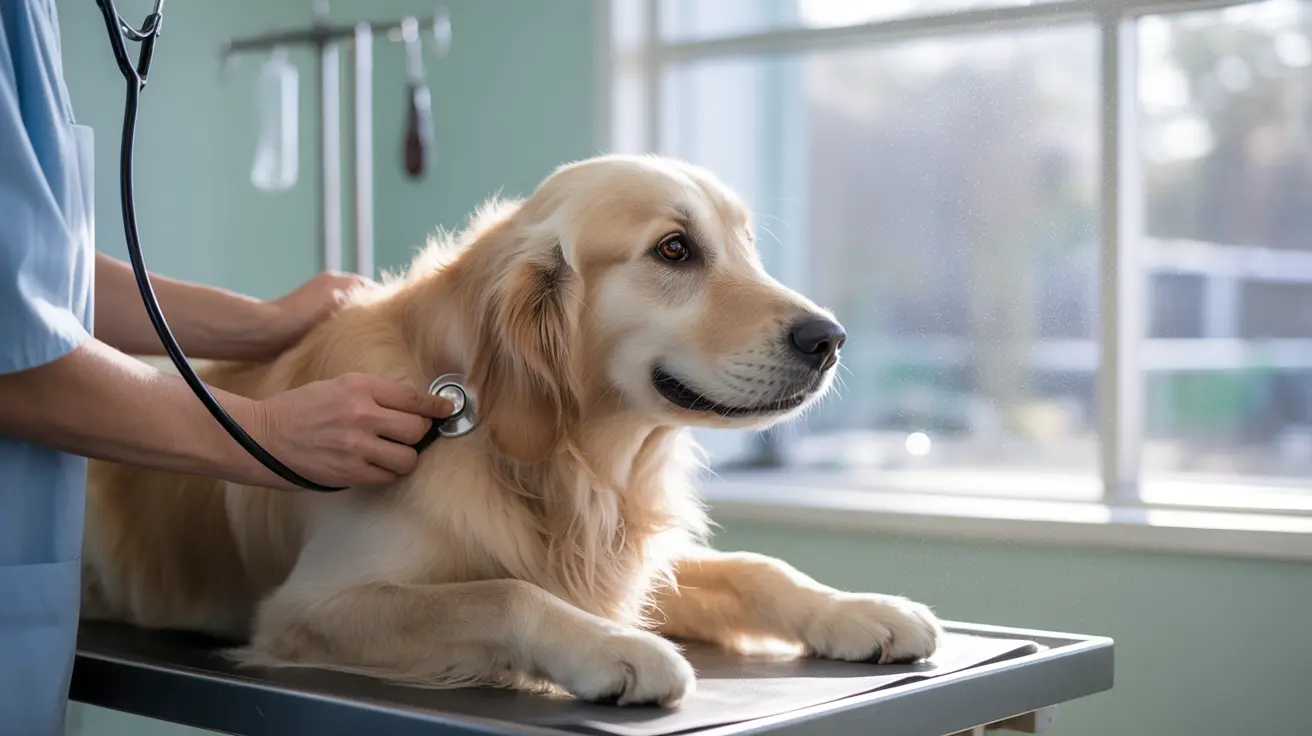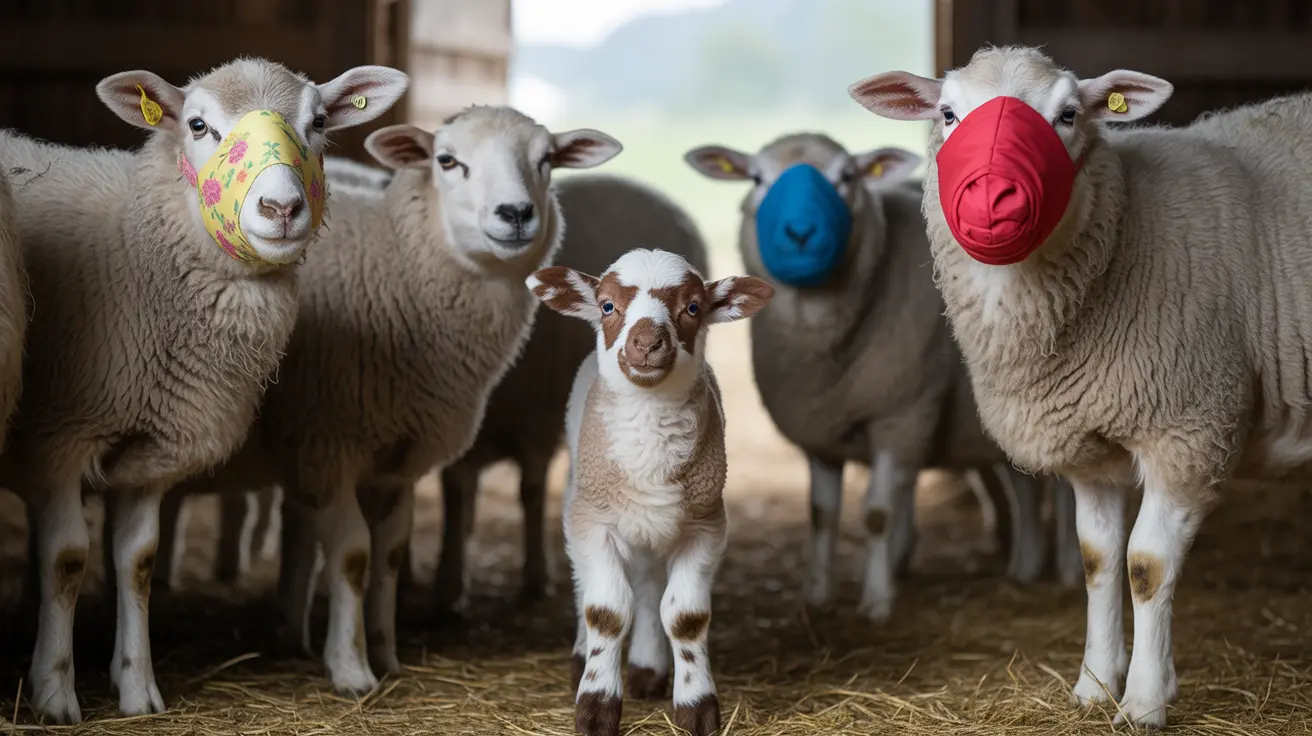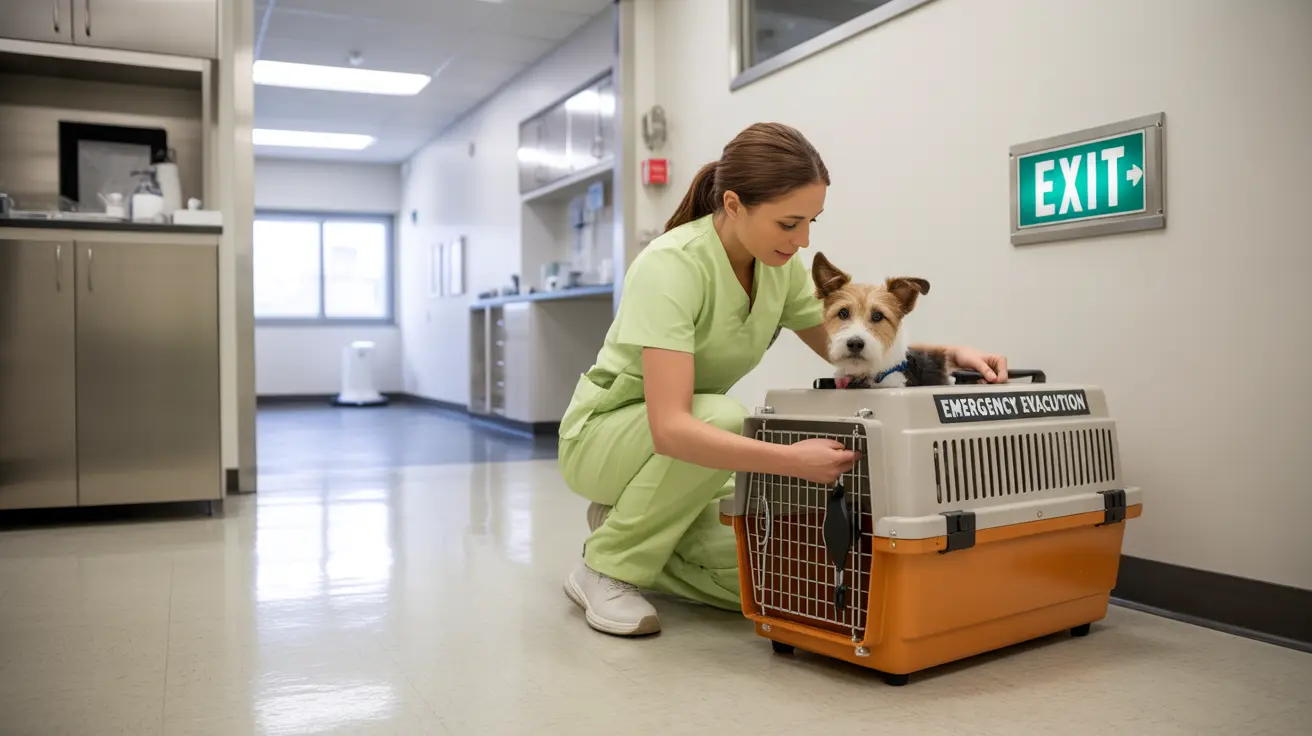When it comes to your feline friend's health and wellbeing, proper nutrition plays a crucial role. A cat nutritionist can be an invaluable partner in ensuring your pet receives the optimal diet for their specific needs, age, and health conditions. This comprehensive guide will help you understand the importance of professional nutritional guidance and how to make the most of working with a qualified expert.
From managing chronic health conditions to preventing future dietary issues, a qualified cat nutritionist brings scientific expertise and evidence-based recommendations to your pet's care. Let's explore everything you need to know about these specialists and how they can benefit your cat's health journey.
Understanding Cat Nutritionist Credentials
Not all pet nutrition experts are created equal. Board Certified Veterinary Nutritionists represent the highest level of expertise in the field. These professionals have completed extensive education, including veterinary school, specialized residencies, and rigorous board examinations through the American College of Veterinary Nutrition (ACVN) or European College of Veterinary and Comparative Nutrition (ECVCN).
With fewer than 100 board-certified nutritionists in the United States, these specialists are rare but invaluable resources for complex nutritional cases and specialized dietary needs.
The Role of a Professional Cat Nutritionist
A qualified cat nutritionist does much more than simply recommend pet food brands. These experts:
- Develop customized feeding plans based on individual health needs
- Manage nutrition-related diseases through dietary intervention
- Analyze and formulate balanced home-prepared diets
- Provide guidance on commercial pet food selection
- Address specific nutritional challenges throughout various life stages
Working with a Cat Nutritionist: What to Expect
During your first consultation, a cat nutritionist will typically:
Conduct a thorough review of your cat's medical history, current diet, and lifestyle. They'll assess your pet's body condition, weight, and any existing health concerns that might affect their nutritional needs. Based on this evaluation, they'll create a personalized nutrition plan that takes into account both your cat's requirements and your practical constraints.
When to Seek Professional Nutritional Guidance
Consider consulting a cat nutritionist if:
- Your cat has been diagnosed with a chronic illness
- You're interested in home-cooking your cat's meals
- Your pet is overweight or underweight
- You're noticing unexplained changes in appetite or eating habits
- Your cat has specific dietary restrictions or food sensitivities
The Impact of Professional Nutritional Guidance
Working with a cat nutritionist can lead to significant improvements in your pet's health, including:
- Better weight management
- Improved energy levels
- Enhanced coat condition
- Better digestive health
- Management of chronic conditions
- Prevention of nutrition-related diseases
Frequently Asked Questions
How do I find a qualified cat nutritionist for personalized dietary advice?
Look for board-certified veterinary nutritionists through the ACVN directory or ask your primary veterinarian for a referral. Ensure the professional has proper credentials and specializes in feline nutrition.
What are the key differences between a certified veterinary nutritionist and a general pet nutrition coach?
A board-certified veterinary nutritionist has completed veterinary school, additional specialized training, and passed board examinations. A general pet nutrition coach may have some training but lacks the comprehensive medical education and specialized expertise of a board-certified professional.
What are the most common health issues in cats that can be managed through proper nutrition?
Common issues include obesity, diabetes, kidney disease, urinary tract problems, food allergies, and gastrointestinal disorders. A cat nutritionist can develop specific dietary plans to help manage these conditions.
How can I ensure my cat's diet is balanced while avoiding misinformation online?
Work with a qualified cat nutritionist who can provide evidence-based recommendations and help you evaluate commercial pet foods. Avoid relying on unverified online sources or self-proclaimed experts without proper credentials.
What are the benefits of working with a board-certified veterinary nutritionist for my cat's health?
Benefits include access to expert knowledge, customized dietary plans, management of health conditions through nutrition, and evidence-based recommendations for optimal feline health. They can also help prevent nutrition-related diseases and address specific dietary challenges.
Conclusion
A qualified cat nutritionist can be a valuable partner in maintaining your pet's health and preventing nutrition-related diseases. By working with a certified professional, you ensure that your cat receives evidence-based dietary recommendations tailored to their specific needs. Remember to verify credentials and choose a specialist with proper training to get the most benefit from nutritional counseling.






